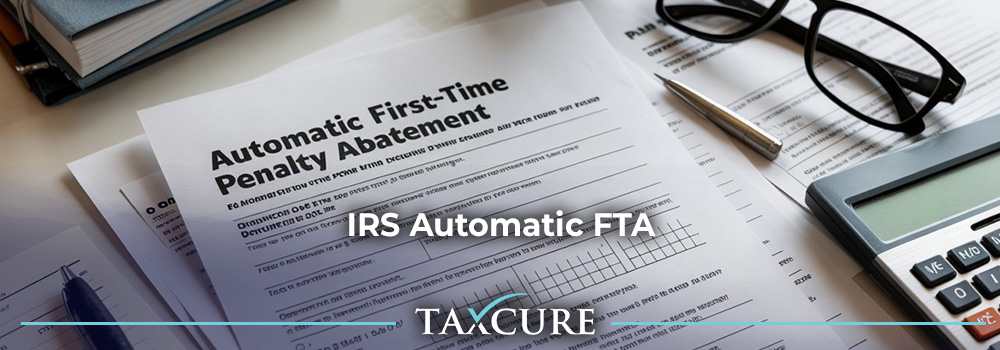As of November 21st, 2025, a federal court has issued a preliminary injunction that permanently shuts down the business operations of American Tax Services LLC and its related entities. According to the FTC’s complaint, the company misled consumers, impersonated government agencies, and failed to provide promised tax relief services. The preliminary injunction permanently halts all business operations of American Tax Service LLC and its related entities while the case proceeds. The FTC and the State of Nevada are seeking permanent bans that would prohibit the defendants from offering tax or debt relief services in the future.






